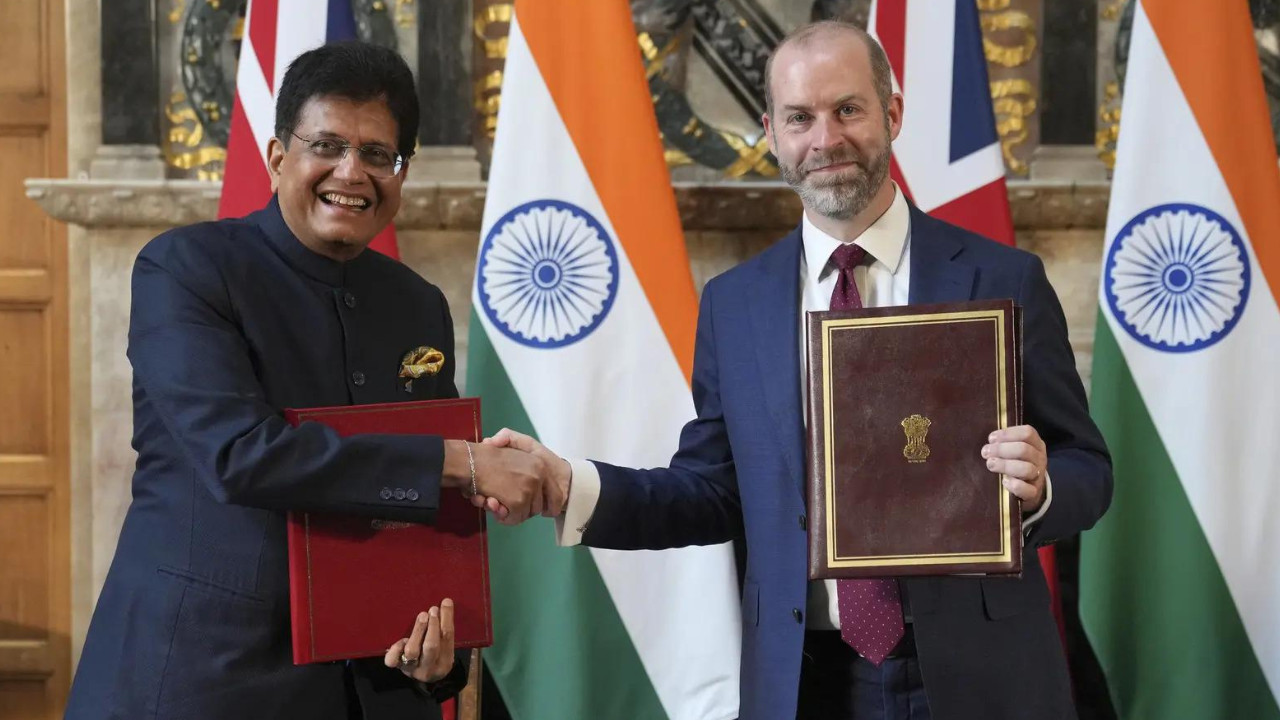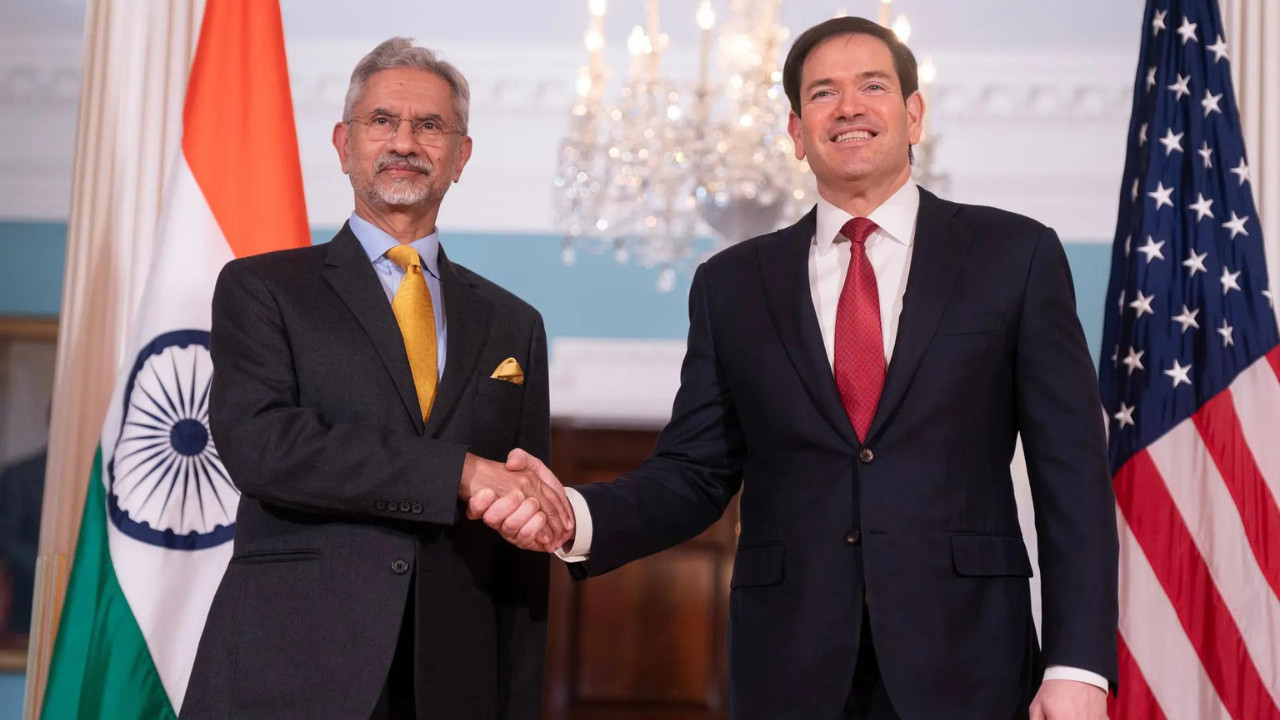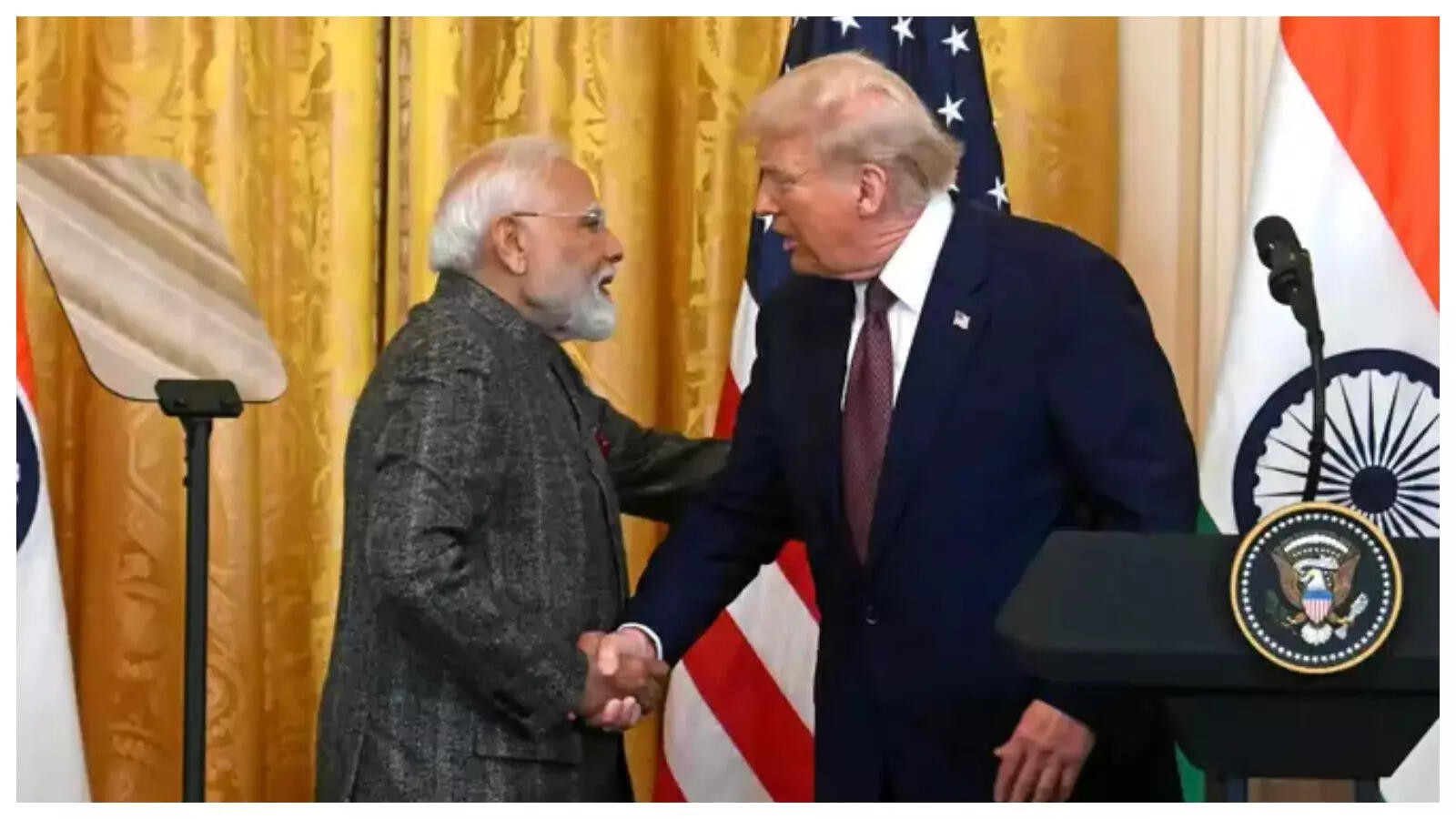India’s new trade deal with the UK includes safeguard measures, allowing tariff hikes on British imports if domestic industries face harm. Valid initially for two years, extensions up to four years are possible, with UK retaliation rights triggered only after the extension. Provisional safeguards can be enforced for 200 days in emergencies.
Navigating the India-UK Free Trade Agreement: A Shield for Local Industries?
The buzz around the India-UK Free Trade Agreement (FTA) is palpable. After years of negotiation, the potential deal has many business owners and consumers alike wondering: what will this mean for us? While the full text is still under wraps, what we know so far suggests a carefully constructed agreement designed to boost trade while providing crucial safeguards for Indian businesses. It’s a balancing act, aiming to unlock the immense potential of a closer economic partnership without leaving domestic industries vulnerable.
Tariff Sensitivity: India’s Strategic Approach
One of the key aspects of the proposed India-UK FTA is the emphasis on tariff sensitivity. Unlike some sweeping trade agreements, this one seems to acknowledge the nuances of the Indian market and the need to protect specific sectors from being overwhelmed by cheaper imports. This isn’t about closing India off from the world, but about strategically calibrating tariff reductions to allow Indian industries time to adapt and compete effectively.
Imagine a scenario where tariffs on all goods were immediately eliminated. While this might initially benefit consumers with lower prices on some items, it could also devastate local manufacturers who are unable to match the production costs of their UK counterparts. The FTA appears to be side-stepping this pitfall by phasing in tariff reductions over time, giving Indian businesses a buffer to invest in innovation, upgrade infrastructure, and enhance their competitiveness.
This measured approach extends to specific product categories deemed particularly vulnerable. News reports highlight that India has been firm on maintaining higher tariffs on certain goods, reflecting a commitment to protecting local jobs and industries. This targeted approach is a crucial element for ensuring the long-term success of the FTA.
Safeguarding Domestic Industry: A Multi-Layered Defense
The concept of “safeguards” is central to understanding the spirit of this agreement. These aren’t just empty promises; they are concrete mechanisms built into the FTA to protect Indian industries from unforeseen surges in imports that could cause significant harm. One such mechanism is the ability to reimpose tariffs if imports from the UK suddenly spike to damaging levels. This provides a crucial safety net for local manufacturers, allowing them to petition the government for protection if they face unfair competition.

Another important layer of protection involves stringent rules of origin. These rules ensure that products claiming preferential tariff treatment under the FTA are genuinely manufactured in the UK (or India, for exports heading the other way). This prevents third-party countries from circumventing tariffs by simply routing their goods through the UK.
Furthermore, the FTA is expected to include provisions for addressing non-tariff barriers to trade. These can include things like differing product standards, complex customs procedures, and cumbersome regulations. By working to harmonize standards and streamline procedures, the FTA aims to create a more level playing field for Indian businesses exporting to the UK. This is particularly important for sectors like pharmaceuticals and agricultural products, where non-tariff barriers can often be more significant than tariffs themselves.
Beyond Protection: Opportunities for Growth
While the protective measures are important, the India-UK FTA is ultimately about fostering growth and creating new opportunities. It’s about opening up new markets for Indian exporters, attracting foreign investment, and promoting innovation. The agreement is expected to boost trade in a wide range of sectors, from textiles and engineering goods to services and technology.
For example, the FTA could lead to increased exports of Indian textiles to the UK, as tariffs on these products are reduced or eliminated. Similarly, Indian IT companies could benefit from greater access to the UK market, allowing them to expand their operations and create more jobs. The agreement could also encourage British companies to invest in India, bringing with them new technologies and expertise. Consider reading more about the potential benefits of increased foreign investment in India.
A Win-Win Scenario? The Road Ahead
The India-UK FTA is shaping up to be a complex and carefully crafted agreement, designed to balance the benefits of free trade with the need to protect domestic industries. It reflects a strategic approach to international trade, one that prioritizes long-term growth and sustainability over short-term gains. While challenges undoubtedly remain, the agreement holds the promise of creating a win-win scenario for both India and the UK, fostering closer economic ties and unlocking new opportunities for businesses and consumers alike. The coming months will be crucial in finalizing the details and ensuring that the FTA delivers on its potential to drive growth and prosperity for both nations.
Final URL Slug: india-uk-fta







